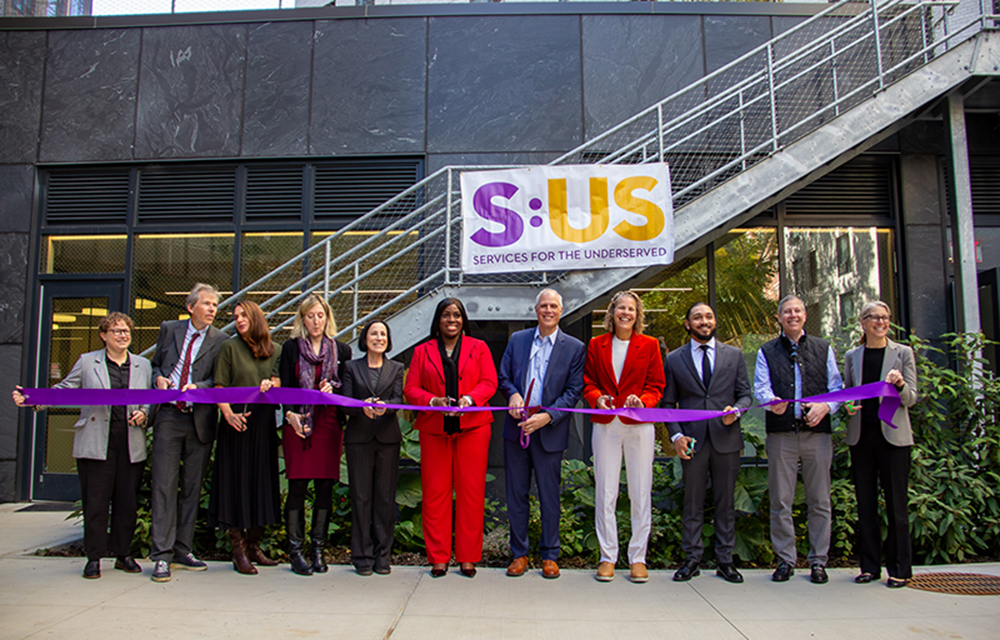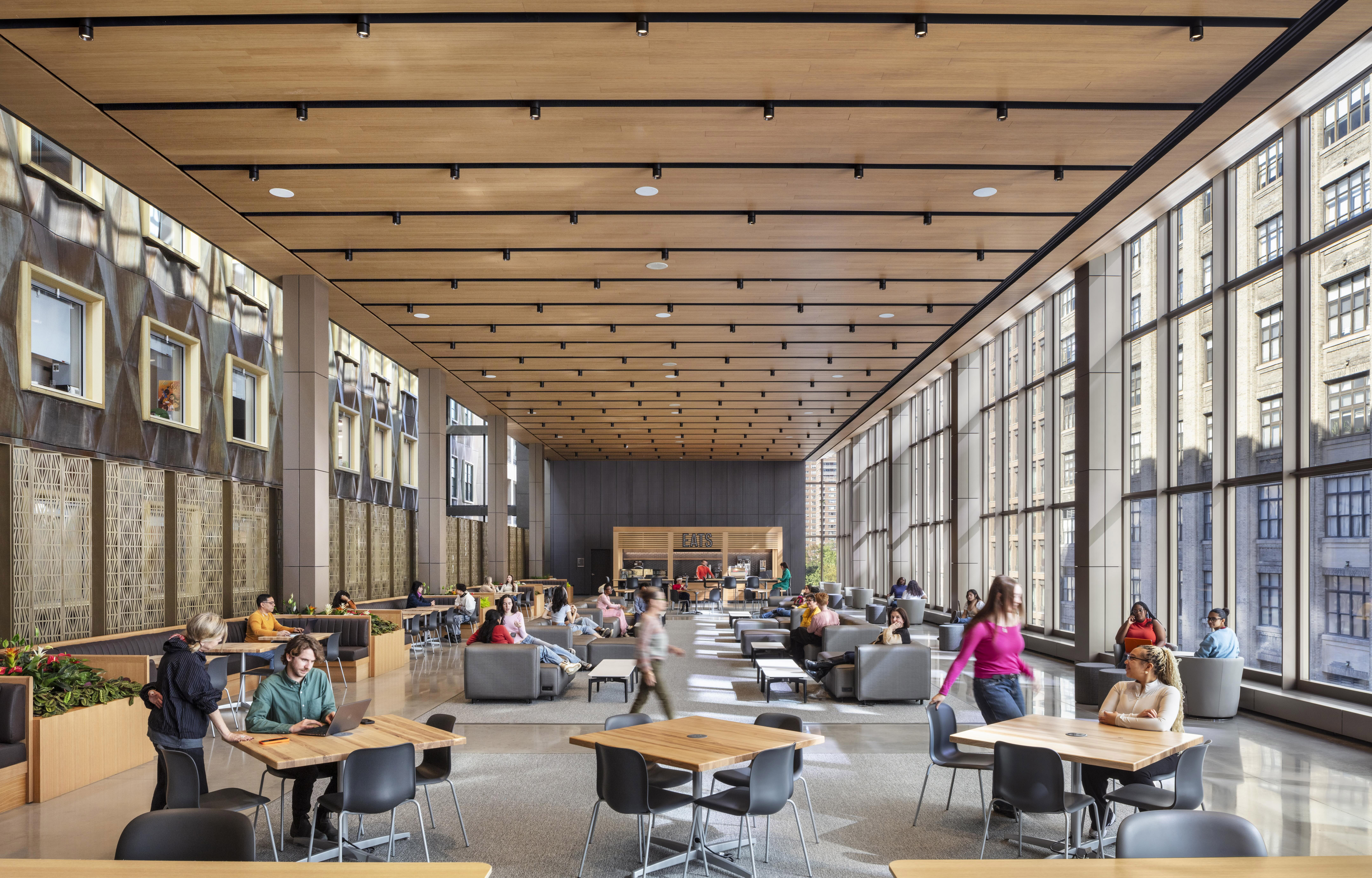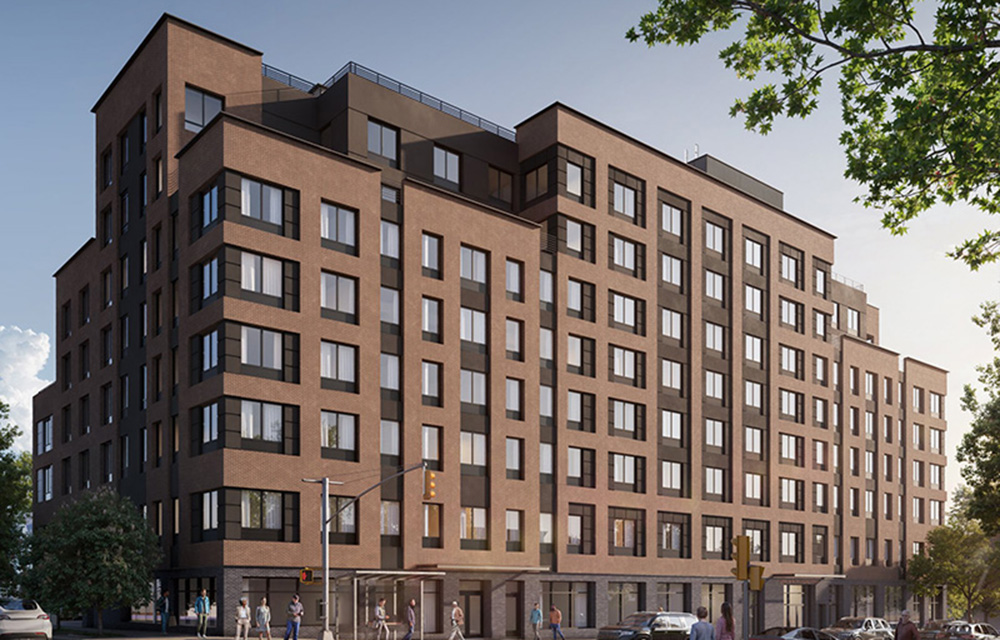News:
Construction Design & Engineering
Posted: May 12, 2014
Removal of "no damage for delay" clause spells change on the contractual landscape
Reversing more than 30 years of rigid insistence that the "no damage for delay" provisions of its standard construction contract should preclude contractors from recovering damages for project delays, the city of New York adopted ground-breaking changes to its contract language in December 2013. Construction lawyers, contractors, the real estate community, and the city itself are now scratching their heads to understand the new contractual landscape and decide what the revised language will mean in the real world.
In a landmark decision in Kalisch-Jarcho, Inc. v. City of New York (1983), the New York State Court of Appeals held that the "no damage for delay" provisions of the city's construction agreement meant contractors could recover delay damages only where the city was shown to have committed "willful or grossly negligent acts" exhibiting "reckless indifference" to the contractor's rights. Three years later, in Corinno-Civetta Construction Corp. v. City of New York (1986), the Court of Appeals explained that the city's "no damage for delay" clause barred delay claims where project delays were "contemplated" by the parties when they entered into their contract. As a practical matter, these decisions authorized lower courts to reject "garden variety" delay claims against the city, requiring contractors to demonstrate truly egregious events in order to avoid having their claims dismissed without a trial.
Kalisch-Jarcho and Corinno-Civetta were hailed by the city as proper recognition that contractors should be prevented from pillaging the public fisc and clogging the courts with excessive and exaggerated delay claims. Contractors, on the other hand, felt courts were turning a blind eye to their genuine damages, sometimes resulting in harsh and unwarranted losses without judicial remedy. Debates raged as to whether the city's "no damage for delay" position saved money for taxpayers, or whether it caused prospective contractors to inflate their bid prices or avoid bidding at all.
In 2008 the city started a five-year pilot program in order to test possible ways of reducing its construction costs. As part of the pilot program, six agencies awarded contracts with revised "no damage for delay" provisions. At the conclusion of the pilot program in December 2013 (about a week before mayor DeBlasio took office), the city announced that it was issuing a new standard construction contract with revised "no damage for delay" provisions based on the pilot program.
The city's revised "no damage for delay" provisions are contained in Article 11 and Article 13.10 of the new standard form. Essentially the city has decided to allow recovery of some categories of delay damages (as described in Article 11), but only if stringent notice requirements are met. Categories of compensable delay now include (among other things) "failure of the city to take reasonable measures to coordinate and progress the Work," "extended delays attributable to the city in the review or issuance of change orders," "unavailability of the site for an extended period of time that significantly affects the scheduled completion of the contract," "issuance by the engineer of a stop work order relative to a substantial portion of the Work for a period exceeding thirty days," and "differing site conditions that were neither known, nor reasonably ascertainable on a pre-bid inspection of the site or review of the bid documents or other publicly available sources, and that are not ordinarily encountered in the project's geographical area or neighborhood or in the type of work to be performed."
The revised contract form also lists categories of non-compensable delay, including "the acts or omissions of any third parties, including but not limited to other contractors, public/governmental bodies (other than city agencies), utilities or private enterprises, who are disclosed in the contract documents or are ordinarily encountered or generally recognized as related to the work," and "any situation which was within the contemplation of the parties at the time of entering into the contract, including any delay indicated or disclosed in the contract documents or generally recognized as related to the nature of the work..."
Article 11 requires written notice of a claimed delay condition within seven days after the commencement of such condition, together with verified written statements of the details and amounts of claimed delay damages within 45 days from the time such damages are first incurred, and every 30 days thereafter for as long as such damages are being incurred. Detailed requirements for the content of delay claim submissions are set forth in Article 11.6. Failure to strictly comply with submission requirements "shall be deemed a conclusive waiver by the Contractor of any and all claims for damages for delay arising from such condition and no right to recover on such claims shall exist" (Article 11.2).
Under the city's standard form construction contracts issued before December 2013, department commissioners were not authorized to resolve contractor delay claims and such claims could be settled or paid only after audit by the comptroller's chief engineer and with legal concurrence by the corporation counsel. On its face, the city's revised standard construction contract authorizes department commissioners to resolve delay claims otherwise properly preserved, and thus provides a possible mechanism to avoid bureaucratic bottlenecks so prevalent in the past. With a new mayor, a new comptroller, a new corporation counsel, and new department commissioners in place, the situation is remarkably fluid and the city's future treatment of contractor delay claims is a chapter yet to be written.
Gary Rubin is a partner at Schiff Hardin LLP, New York, N.Y.
MORE FROM Construction Design & Engineering
Troutbrook expands with boutique condo project and Marriott Fairfield Inn & Suites renovation
Brooklyn, NY For more than 25 years, Troutbrook/Freud Development has remained focused on executing design-driven projects across the city. Its latest ventures reflect both a continued push into boutique residential development and an expansion

Quick Hits







.gif)
.jpg)

.gif)